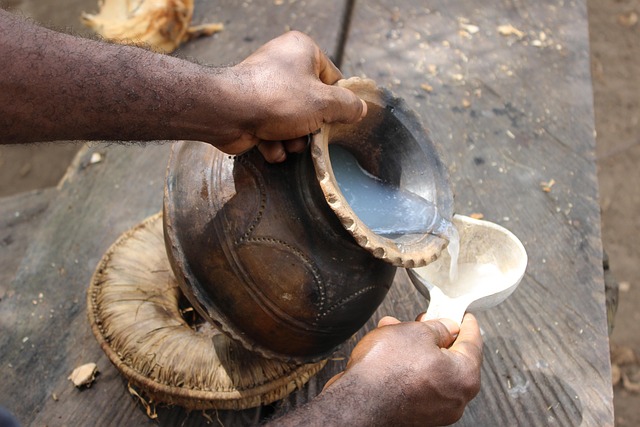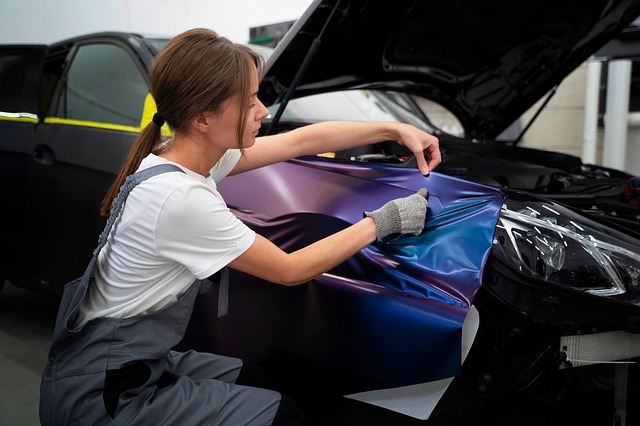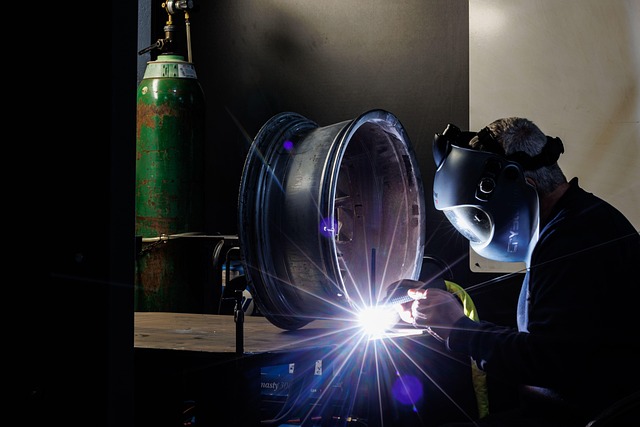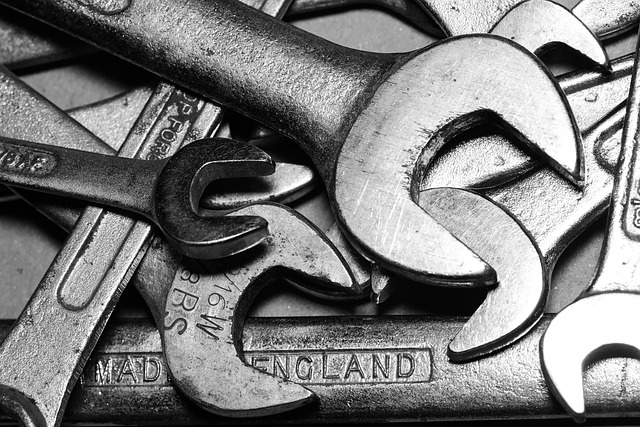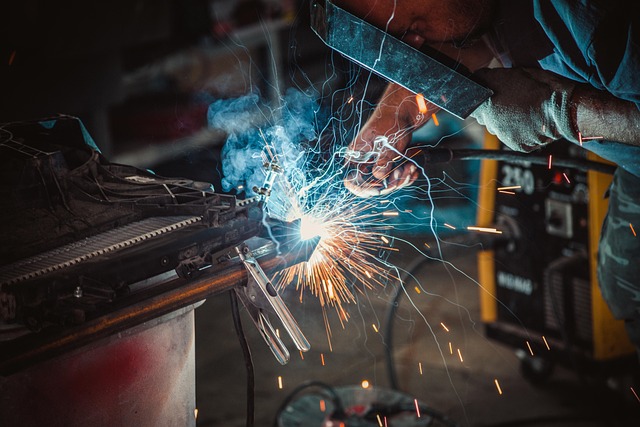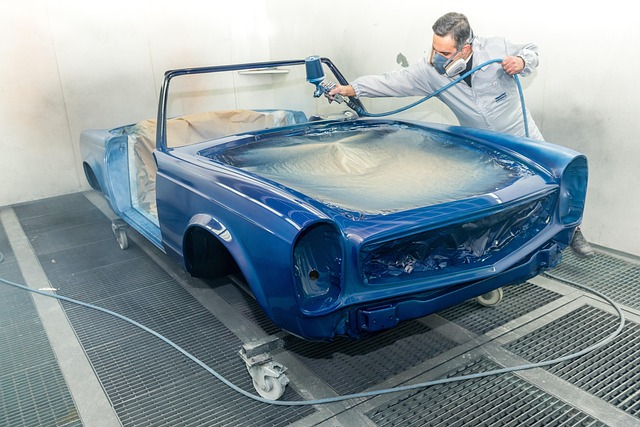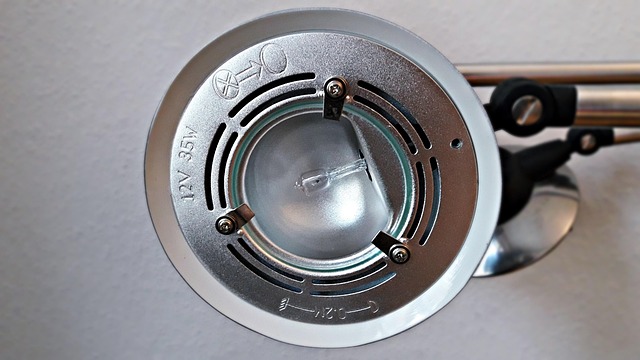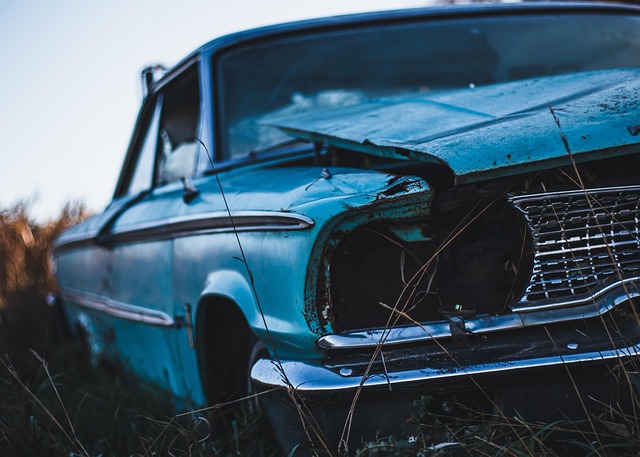Aftermarket auto glass, produced by non-OEM manufacturers, offers cost savings and diverse styles for car owners engaged in collision repair or restoration. It ensures safe, precise fits that meet or exceed safety standards, without compromising on quality, visibility, or driver safety. Certified aftermarket glass is crucial for post-collision vehicles or classic cars seeking historical authenticity, guaranteeing top-tier products, enhanced structural integrity, and improved resale value through rigorous testing against OEM standards.
“In today’s automotive landscape, understanding the importance of quality aftermarket auto glass is crucial for vehicle owners. Aftermarket glass, while often more affordable, can vary greatly in terms of safety and durability. This article guides you through the process of recognizing when your vehicle requires certified aftermarket auto glass replacement, highlighting key signs to look out for.
We’ll also explore the benefits of certification, ensuring peace of mind and optimal performance. By understanding these aspects, drivers can make informed decisions, prioritizing both safety and cost-effectiveness.”
- Understanding Aftermarket Auto Glass: What It Is and Why It Matters
- When Quality Matters: Signs Your Vehicle Needs Certified Aftermarket Glass
- Demanding the Best: Benefits of Certifying Your Aftermarket Auto Glass Replacement
Understanding Aftermarket Auto Glass: What It Is and Why It Matters
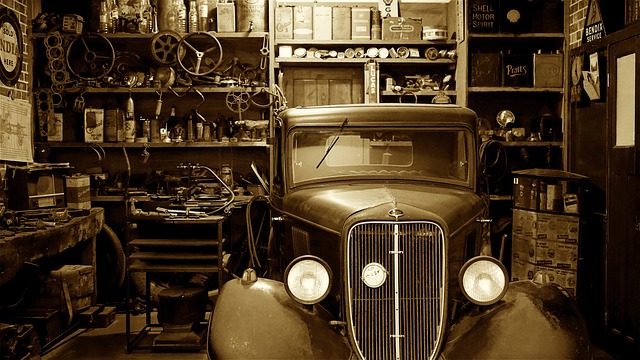
Aftermarket auto glass refers to replacement automotive glass that is not produced by the original equipment manufacturer (OEM). It’s crafted to fit specific vehicle makes and models, ensuring precise alignment and a seamless fit within the car’s structure. This type of glass is crucial in vehicle collision repair and auto body restoration, offering several benefits over OEM glass.
Understanding the difference between aftermarket and OEM glass is essential for any car owner. Aftermarket glass often comes at a lower cost, making it an attractive option for budget-conscious individuals. Moreover, it provides an array of styles, finishes, and features that might not be available in OEM options. In terms of quality, reputable suppliers ensure that their products meet or exceed safety standards, offering durability and clarity comparable to original equipment. This is especially important in ensuring optimal visibility and driver safety, which is paramount during auto body painting and other repair processes.
When Quality Matters: Signs Your Vehicle Needs Certified Aftermarket Glass
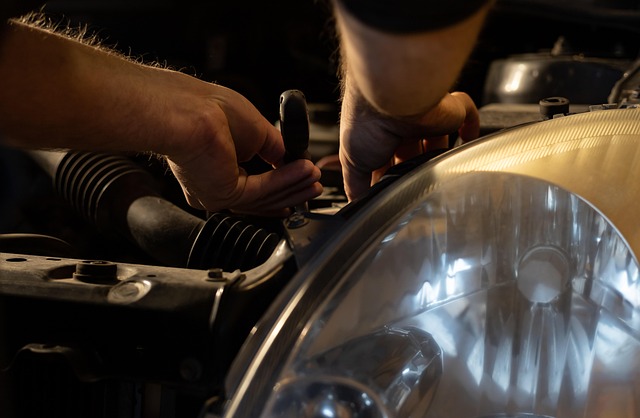
When it comes to your vehicle’s safety and performance, especially after a collision or during a restoration project, choosing the right auto glass is paramount. Certified aftermarket auto glass offers a blend of quality, affordability, and compatibility that stock replacement parts might not provide.
There are several signs that indicate your car needs this specialized glass. For instance, if your vehicle has suffered significant structural damage in a collision, the original glass may no longer align properly with the body panels or meet safety standards. In such cases, certified aftermarket glass ensures precise fitting and adheres to safety regulations, crucial for maintaining the integrity of your vehicle’s frame during future drives. Additionally, if you’re into car restoration projects, replacing windows with certified aftermarket glass can enhance both the historical authenticity and overall visual appeal of your classic ride.
Demanding the Best: Benefits of Certifying Your Aftermarket Auto Glass Replacement
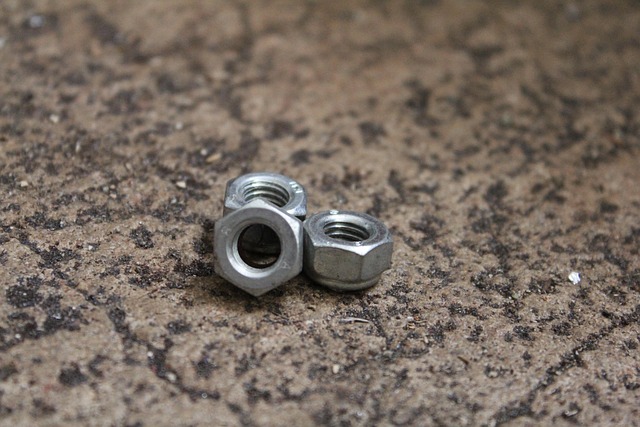
Demanding the Best: Benefits of Certifying Your Aftermarket Auto Glass Replacement
In today’s digital era, consumers are more informed than ever about the importance of quality auto repair services. When it comes to aftermarket auto glass, certifying your replacement parts is no longer a luxury but a necessity. It ensures that you’re getting top-tier products that meet or exceed original equipment manufacturer (OEM) standards, providing both safety and performance benefits. Certified aftermarket auto glass undergoes rigorous testing and quality control measures, guaranteeing its durability and longevity.
Moreover, opting for certified glass can facilitate a seamless car restoration process. A car scratch repair or even a complete makeover will be more effective if the glass is up to par. This certification ensures compatibility with your vehicle’s design and structural integrity, contributing to a restored appearance and overall vehicle value. Ultimately, prioritizing certified aftermarket auto glass isn’t just about aesthetics; it’s a strategic decision that safeguards your safety, enhances your car’s resale value, and saves you from potential future repairs or accidents.
When considering aftermarket auto glass replacement, demanding certified products is paramount for both safety and performance. By understanding the difference between original equipment and high-quality certified alternatives, you can make an informed decision. Look for clear signs indicating your vehicle needs new glass, then seek out reputable providers offering certified options. The benefits are clear: enhanced safety features, improved aesthetics, and long-lasting durability. Don’t compromise on quality; choose certified aftermarket auto glass to ensure a seamless, secure fit that meets industry standards.

